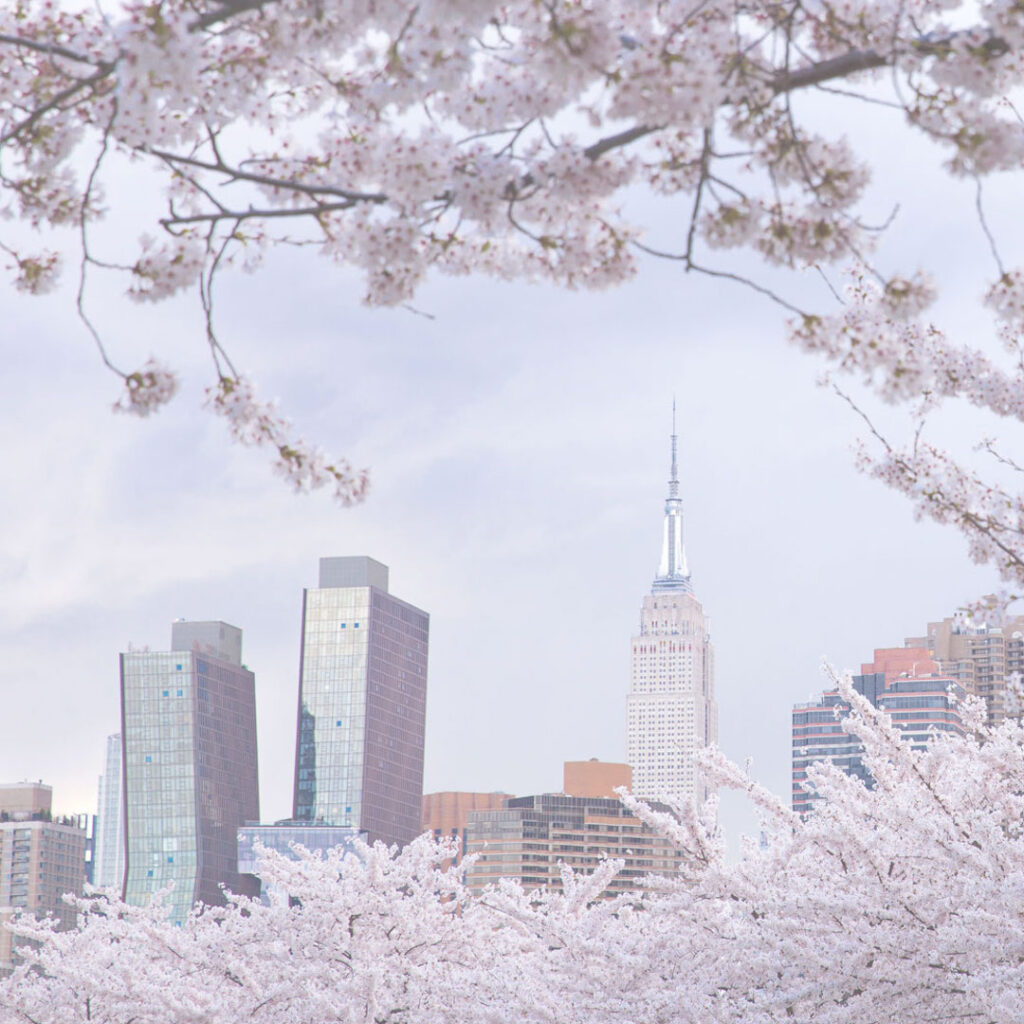President’s Letter (Spring 2023)



President’s Letter
Spring 2023

← Return
Dear Friends and Supporters,
Here in New York, spring is clearly in the air with our cherry blossoms finally blooming, albeit a bit later than for our friends in Tokyo and DC! Each of these blossoms reminds us of the cyclical promise of seasons but also the fragility of U.S.-Japan relations, which are dependent on the hard work of friends like yourselves and institutions like Japan Society that are dedicated to supporting these connections over the long term. Long-time mentor and Ambassador Ryozo Kato likes to remind us that U.S.-Japan relations are like gardening, which requires careful thought and work, including the appreciation of seasons. Therefore, while I’ve been enjoying the arrival of spring and especially the various sakura blooms and treats, I’m mindful of the world around us.
What has just happened in the financial sector with the collapse of the Silicon Valley Bank raises ongoing questions about what the banking sector can and can’t do, and the intersection between politics and economics. American politics are also playing out alongside a volatile world stage. The Trump indictment here in New York is already reshaping the American presidential election in 2024—even as far away as that might seem now. When we look at the broader picture of what all of this means for Japan Society and U.S.-Japan, it means that it’s never been more difficult to get attention for Japan. What is getting attention are the hard-hitting negative reactions, such as China’s condemnation of Taiwan President Tsai’s stopover in New York before traveling to Los Angeles to meet with U.S. House Speaker Kevin McCarthy.
Geopolitical turning points
As some of you know, I moderated a panel on February 18th at the Munich Security Council, “The Other Zeitenwende: Maintaining a Balance of Power in the Indo-Pacific,” at which the foreign ministers from Japan, Korea, Canada, and the UK weighed in on their respective Indo-Pacific strategies, with Japanese Foreign Minister Hayashi Yoshimasa reaffirming the G7’s support for Ukraine and the continuation of the sanctions on Russia.
It’s worth sharing this in light of the positive developments in the relationship between South Korea and Japan—the most interesting geopolitical thing that’s directly relevant to Japan and to U.S.-Japan. In many ways, the private sectors in both countries have always wanted to work closely together but domestic politics have made it difficult. To see the successful meeting between President Yoon and Prime Minister Kishida in Tokyo, and to see this level of connection in advance of the G7 in Hiroshima, is really important.
The importance of alliances
The split screen between the deepening relationship between Russia and China and President Xi’s visit to Moscow, and Beijing brokering a deal between Saudi Arabia and Iran, is a reminder that America cannot go it alone. For what’s coming next—whether we call it “America First” or whether we’re talking about a unipolar moment of the post-Cold War—Americans need to be reminded that one of the greatest strengths of the United States is not just our own diversity and resiliency internally, but our alliances. And there’s no more important ally that we see front and center everywhere we look than Japan.
And so, on the same day that President Xi was in Moscow, Prime Minister Kishida was in Kiev meeting with President Zelensky. That split screen, I think, is something that we’re going to continue to think about. Regardless of what clear deliverables emerge, the G7 will meet in Japan in May, followed by the G20 in India this September. This really shows the importance of the Indo-Pacific region and how critical a free and open society is versus the closed authoritarian systems.
On the societal level
Following the G20, the world will be coming to New York for the UN General Assembly—right across the street from us here at Japan Society. How do we deal with these two systems that are both represented inside of the United Nations, particularly the Security Council? We don’t expect much from some of these big summits these days.
What this means is that we expect more from our own societies. That’s where I’m excited about the role that Japan Society is playing. There’s a split screen that’s we’re bringing together between the worlds of geopolitics and business and also the art world and even sports. For example, the world baseball classic where Shohei Ohtani struck out his own teammates who are now playing together. In many ways, that kind of Hollywood ending really gives us a sense of the strength of Japan.
Here at Japan Society
I’d also like to call out a special day at Japan Society this past month. First, we opened a new gallery exhibition exploring the work of an underappreciated Japanese American artist, who grew up as Earle Goodenow and then changed his name to that of his father, Kyohei Inukai. Inukai’s exploration of his identity is reflected in our Gallery space, where the exhibition begins with brightly lit contemporary graphics that don’t seem to have any connection to Japan and ends in a space inspired by Japanese gardens populated with contemplative works rendered in sumi-e.
On the same day the exhibition opened, our Business & Policy Forum presented public and private programs with Ken Shibusawa on Prime Minister Kishida’s New Capitalism: Why Japan Needs Its Implementation. Given Shibusawa-san’s last name, and as the great, great grandson of the father of Japanese capitalism, it feels that there’s something about history here—as Mark Twain said, “History never repeats itself, but it does often rhyme.” These very important sectors in New York—the capital of finance and the capital of culture—were both present and literally next to each other on different floors at Japan Society at the exact same time!
The right balance
I think a lot of what we’ve been discussing on an intellectual level is going to be producing real fruit. The question is how can we, as Japan Society, continue to play that role? Our Annual Dinner on June 14th will present a very timely conversation about the illuminating and beneficial relationship between two major financial institutions, featuring keynoters James P. Gorman, Chairman and CEO, Morgan Stanley and Nobuyuki Hirano Senior Advisor, MUFG Bank, Ltd. Last year, New York City Mayor Eric Adams declared our Annual Dinner “Japan Day” right at the summer solstice! This year, we’re going to be live-streaming the gala evening to Tokyo, reaching many of our friends and alumni and giving us an opportunity to think through what the new world looks like. Please stay tuned for news on special guests and other announcements!
Meanwhile, we’re still struggling to find the right balance—all of us, in our own lives—in terms of in-person and hybrid. How can we be the most efficient? But sometimes efficiency isn’t the goal when it comes to human connection. Whether through technology or innovation, or simply taking the time to appreciate art that doesn’t fit into our definition of efficiency, we need to create space for serendipity and for our humanness. This is actually the opportunity we need for the world as well as for ourselves. I look forward to continuing the discussion in the months to come.
All the best,

Joshua W. Walker, Ph.D.
President and CEO, Japan Society